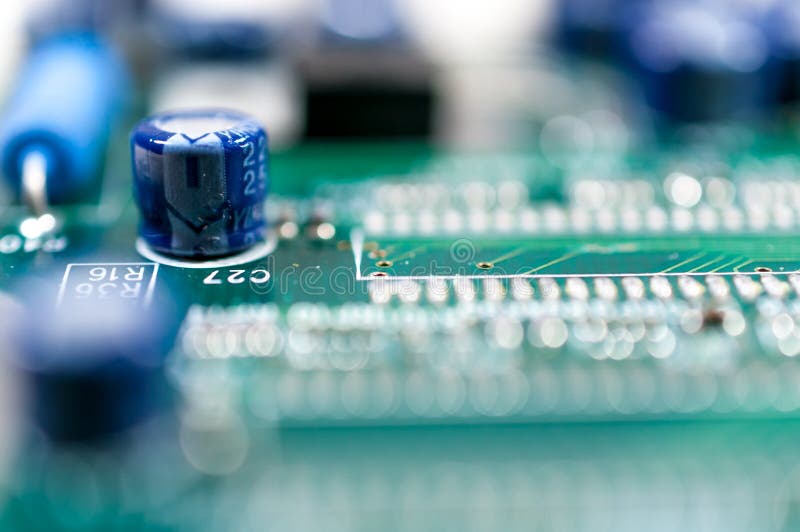The Gems of Leftover Tech Materials
In the current quickly developing tech landscape, surplus stock computer parts have appeared as valuable finds for knowledgeable shoppers and tech enthusiasts equally. Regardless of whether you are a veteran builder or just looking to improve your existing setup, knowing where to find quality surplus items can help you save you a substantial amount of cash while still meeting your performance needs. With the right knowledge and a keen eye, you can uncover great deals on everything from mother board units and video cards to RAM and power supplies.
Nonetheless, navigating the surplus computer parts market can be challenging. With a overwhelming array of options and potential pitfalls, it's essential to be knowledgeable about what to search for to make sure you are taking wise choices. This resource will offer you with key insights and practical tips to help you shop confidently, identify high-quality components, and maximize your surplus purchases. Whether you are building a budget gaming rig or enhancing a workstation, understanding the hidden gems of the surplus market can enhance your tech experience.
Purchasing Excess Technological Parts: Important Aspects
When exploring the domain of excess PC parts, it is crucial to consider the condition and operability of the parts. In a lot of cases, surplus components have been thrown away or changed due to modern technology, and evaluating their functional status is important. Look for providers who offer warranties or refund policies, as these safeguards can help confirm that you do not end up with defective components. Be willing to ask inquiries about the history of the parts, including how they were used and their maintenance records.
Another critical consideration is fit. Excess parts may vary significantly in technology and standards, which can lead to issues when constructing a setup. Before making go now , double-check that the components you plan to purchase will integrate smoothly. This includes determining chipset compatibility for mainboards, ensuring the PSU can support the parts, and verifying that any pre-owned GPUs or central processing units work with your mainboard. Taking the care to verify these details can save you from potential issues later on.
Finally, it is crucial to consider the trustworthiness of the provider. Reputable suppliers or individuals will often provide detailed details about the leftover items they sell. Look for customer reviews, marks, and any endorsements that might comfort you of the condition of their products. Additionally, you should be cautious of deals that seem too beneficial to be true, as these can sometimes signal fake or malfunctioning products. Conducting investigations and shopping from reputable sources will greatly improve your odds of scoring high-quality surplus PC parts.
Recognizing Authenticity: Identifying Real Surplus Parts
As you shopping for disposable computer components, ensuring you are purchasing genuine components is crucial. One of the easiest methods to confirm authenticity is to look for reputable brands. Well-known manufacturers typically have better quality control processes. Check for branding on the component directly, and verify model numbers online to validate legitimacy. Be wary of components that do not have branding or have suspiciously generic labels, as these may be counterfeit or inferior products.
One more aspect to consider is the actual condition of the parts. Inspect for any wear, damage, or tampering. Authentic components will generally show minor wear and tear, while fake products may have subpar finishes or inaccurate markings. Additionally, examine any connectors or solder joints for proper quality. High-quality components will have clean, even connections without manufacturing defects. If you can, obtain a warranty or guarantee from the seller, as this can also indicate a level of confidence in the product's authenticity.

To conclude, looking into the seller is key to finding authentic surplus components. Review reviews, ratings, and any feedback about their previous sales. explanation should have a history of satisfied customers and a transparent return policy. Speak with other buyers who have had dealings from that seller, and feel free to ask questions about the sourcing of their surplus parts. Carrying out your due diligence in evaluating your seller will help you secure genuine components that are valuable for your investment.
Increasing Benefits: Best Strategies for Shopping Excess Parts
When exploring into the domain of surplus PC items, conducting thorough investigation is important. Start by familiarizing yourself with the specific components you require and their selling price. This familiarity empowers you to make wise decisions and identify a good deal when you see one. Looking into online reviews and conversations can help you locate reputable vendors while also providing perspectives into common problems associated with specific components.
Next, closely inspect the state of the excess items before making a buy. Whether you're checking a used motherboard or a excess video adapter, look for physical indications of deterioration. Scratches, misaligned pins, or significant dust can signal poor maintenance or possible failures. Don't hesitate to question sellers about the history of the items, such as their past usage and reason for selling. This openness will help you evaluate the trustworthiness of the items.
Lastly, ensure fit with your present configuration when selecting surplus parts. Check specifications like CPU socket for CPUs or memory compatibility to avoid expensive blunders. Utilizing online applications to verify compatibility can ease this process. By following these optimal methods, you increase your chances of finding high-quality excess electronic items that provide excellent worth without the risk of second thoughts.